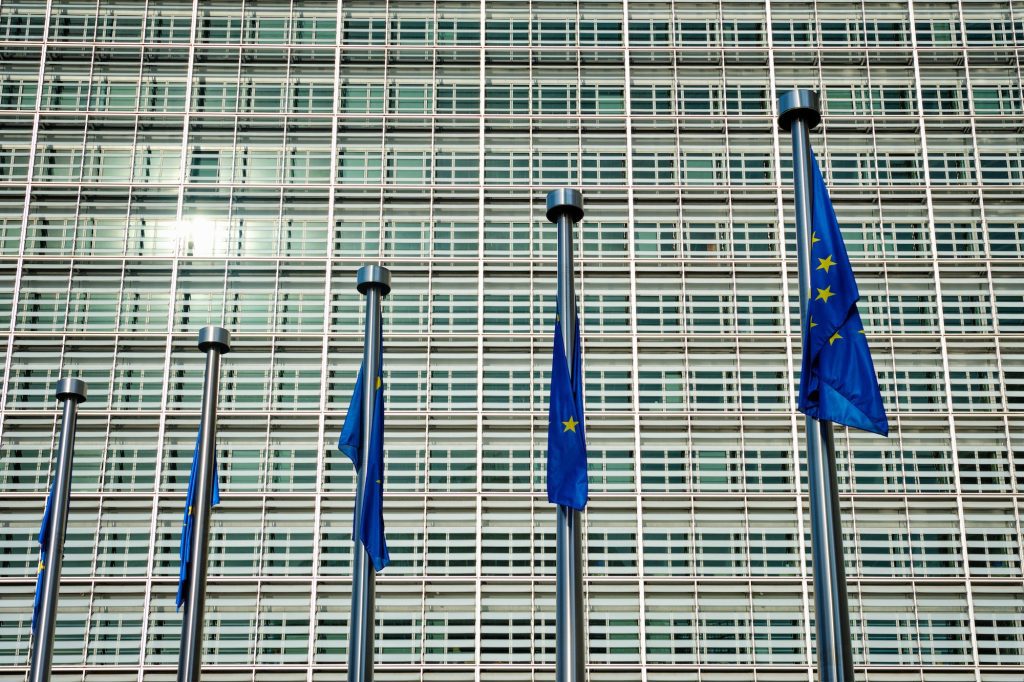EU reaches agreement on the net-zero industry act
The net-zero industry act is one of the three key legislative initiatives of the Green Deal Industrial Plan.

The European Council and Parliament have reached a provisional deal on the ‘net-zero industry act’ (NZIA), a regulation to strengthen Europe’s net-zero technology products manufacturing ecosystem.
The NZIA seeks to facilitate investment in green technologies by simplifying permit-granting procedures, supporting strategic projects, and enhancing workforce skills by establishing net-zero industry academies. The agreement introduces a list of net-zero technologies with criteria for selecting strategic projects to accelerate decarbonization. To foster innovation, the act proposes regulatory sandboxes. It sets indicative benchmarks for producing strategic technology products, such as solar panels and wind turbines, aiming to cover 40% of the EU’s needs and achieve specific CO2 carbon capture and storage targets by 2030.
The agreement also streamlines construction permit procedures, promotes net-zero industrial valleys’ creation, and clarifies public procurement and auctioning criteria. It establishes time limits for permit delivery, with fast-track procedures for strategic projects, and encourages the development of territories concentrating on specific net-zero technologies.
Additionally, the act regulates public procurement, incentivising the purchase of net-zero technology products and defining sustainability and resilience contributions in procurement procedures. The agreement allows member states to apply non-price-related criteria in renewable energy auctions, emphasizing environmental sustainability, innovation, and energy system integration. The Commission will define criteria for procurement and auctioning, with the agreement awaiting formal adoption by both institutions.
Why does it matter?
The ‘net-zero industry act’ aligns with the EU’s commitment to combat climate change by facilitating the deployment of net-zero technologies, bolstering Europe’s position as a global green technology market leader. By streamlining processes, supporting innovation, and setting benchmarks, the agreement addresses environmental goals and promotes economic competitiveness and sustainability in the EU.
